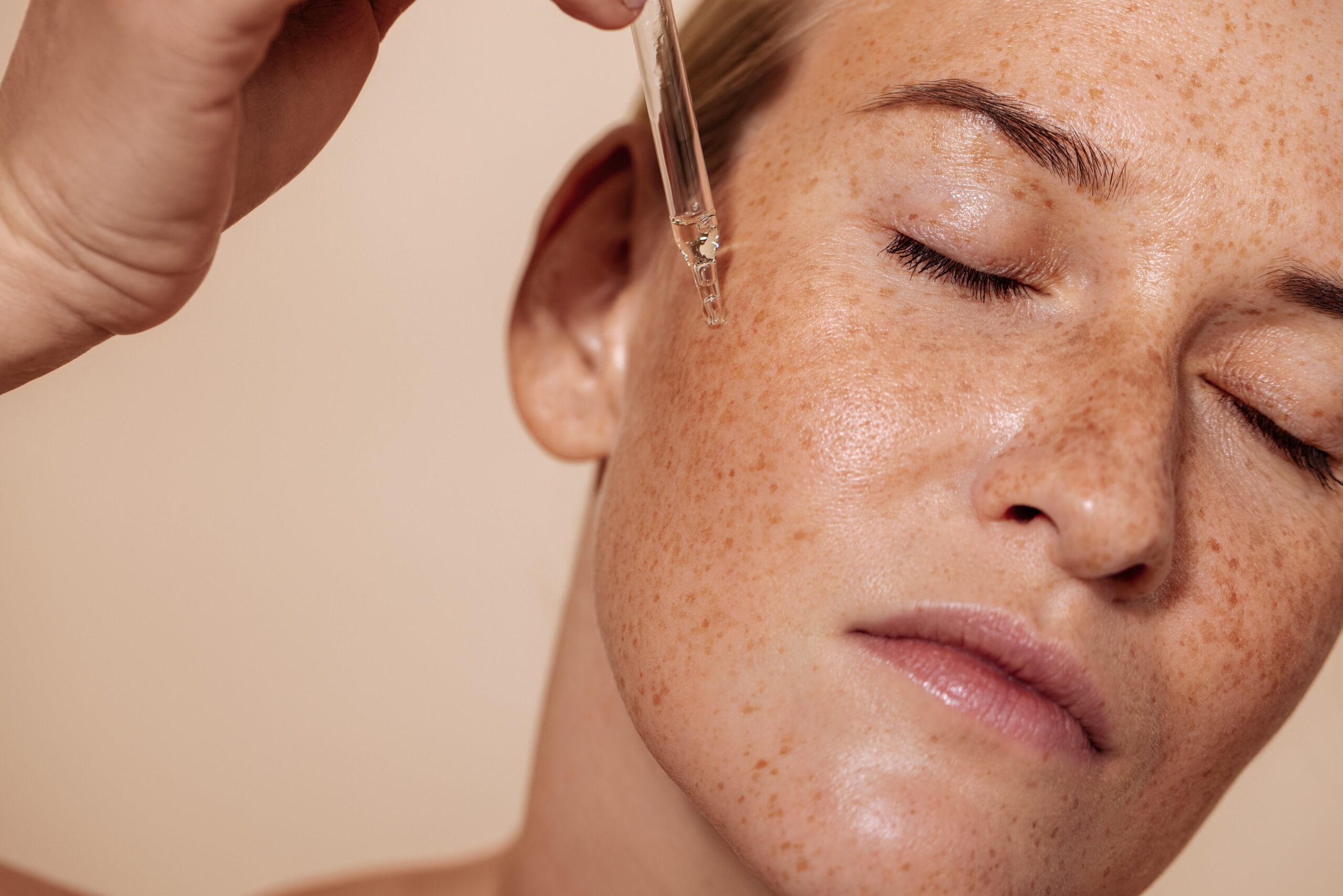BREAKING: Exosomes are rapidly becoming the hottest trend in skincare and haircare products, with promises of enhanced collagen production and hair growth. Just recently, beauty brands have started flooding the market with exosome-infused serums, capturing the attention of consumers and beauty enthusiasts alike.
Exosomes, tiny vesicles that facilitate communication between cells, are touted for their ability to regenerate skin and promote hair health. “Exosomes are nano-sized vesicles released by cells containing growth factors and proteins,” explains Hadley King, a board-certified dermatologist in New York City. With the rise of these advanced ingredients, experts are questioning their effectiveness and safety in over-the-counter products.
In a landscape where traditional treatments like Retin-A and Rogaine have dominated for decades, exosomes offer a new frontier. “The science appears solid,” says Joshua Korman, a board-certified plastic surgeon from Northern California. He highlights that exosomes, originally discovered in the 1980s, are now recognized for their remarkable biological properties.
However, consumers should tread carefully. Products featuring exosomes are not regulated by the FDA, which means their quality can vary significantly. Dr. Brendan Camp, a dermatologist at MDCS Dermatology, warns, “Product quality can vary. Look for specific terms like ‘human adipose stromal cell exosomes’ on labels for the most effective options.”
Exosomes are derived from various sources, with human-derived types typically yielding the best results. However, stability and contamination issues pose challenges for these products. “Plant and lab-based exosomes may be more palatable for some, but research on their efficacy is still limited,” cautions Dr. Camp.
The benefits of exosomes are compelling. According to Dr. Camp, they are used in skincare due to their anti-inflammatory and regenerative properties. Over-the-counter products like Elevai Enfinity promise noticeable results in just four weeks, while less pricey options like Peach & Lily MiniProtein Ampoule are also gaining traction.
For haircare, exosomes could significantly improve hair growth by activating hair follicles. Dr. Korman states that exosomes can instruct hair follicles to remain in the growth phase longer, ultimately promoting thicker hair. Products like Exoceuticals Exo Fortify aim to capitalize on these benefits.
In clinical settings, exosomes enhance outcomes when used alongside procedures like laser resurfacing or microneedling. “They harness wound-healing effects and improve recovery times,” says Dr. King, emphasizing that the benefits are magnified when exosomes are absorbed through these treatments.
Despite their promise, exosomes remain unapproved by the FDA for topical or injectable use. Caution is paramount, especially when considering treatments that use exosomes off-label. Experts recommend consulting licensed providers for any cosmetic procedures.
The surge in exosome-based products is undeniably reshaping the beauty landscape, with potential applications for treating sun damage, hair loss, and skin aging. As these innovative treatments gain popularity, they may soon become a staple in beauty routines.
With the beauty industry continuously evolving, exosomes represent a significant shift toward advanced, biologically-based skincare and haircare solutions. As consumer interest grows, it is clear that exosomes could be the next big thing in beauty—one worth exploring for those passionate about skincare innovation.
Stay tuned for updates as more exosome products hit the market, promising exciting developments in personal care and beauty.
